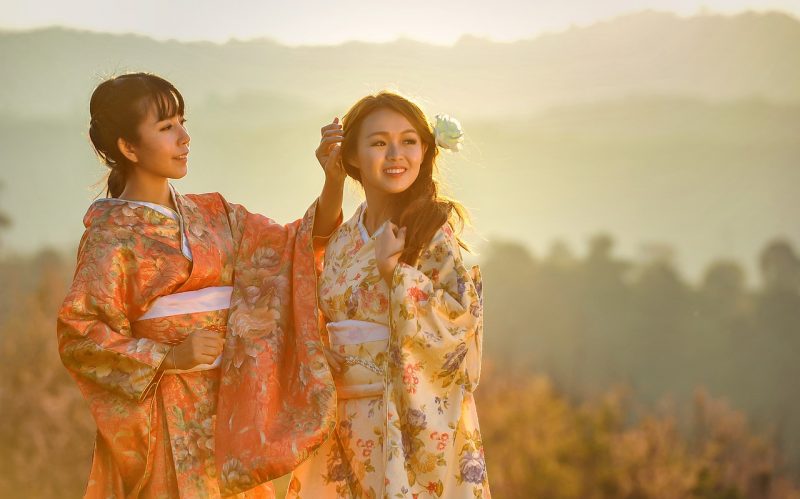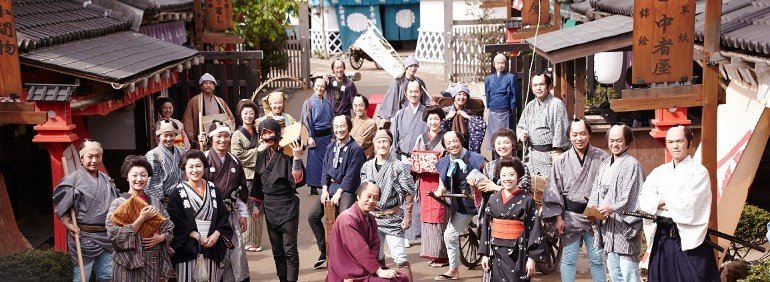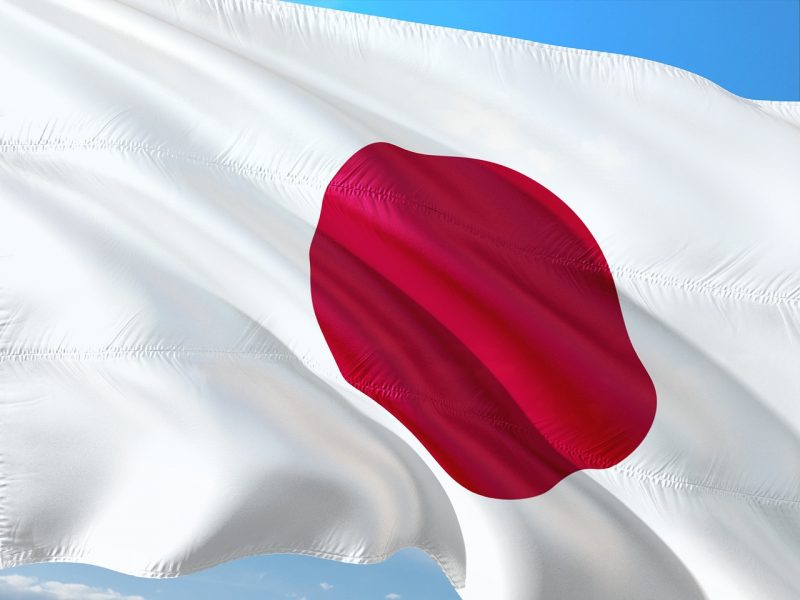Do you know what a Japanophile or Japanophilia is? Many people like anime and mangas, so they tend to call themselves "Otakus". But as mentioned in another post, the meaning of this word in Japan is not very well regarded. In fact, this term tends to be used as a form of depreciation by the Japanese.
On the other hand, there are people who like Japanese culture, people, history, among others. And yet some insist on calling themselves “Otaku”. But after this post, if you are one of those people, you will have another term for yourself.
Yes, with a brilliant deduction, the question term in the first paragraph is the correct term. But calm down, we will explain better for you to know the reason. In fact, unlike Otaku, this term is very well regarded by Japanese culture.

Table of Content
What does Japanophile mean?
Before explaining this term, we have to dictate a more primitive term, Japanophilia. Japanophilia refers to the appreciation and love of Japanese culture, people or history. In Japanese, the term for Japanophile is “shinnichi” [親日]. The term was first used in the early 18th century, changing in scope over time.
That is, a Japanophile is a person who is, has, uses or practices japanophilia. Being a person who has an appreciation and a certain passion for aspects of Japan.
A little history of Japanophile
The term "Japanophile" dates back to the late 18th and early 19th centuries. Before Japan became more open to foreign trade, (read about the エド時代). Carl Peter Thunberg and Philipp Franz von Siebold helped introduce Japanese flora, artworks, and other items to Europe, which increased interest.
Lafcadio Hearn, an Irish-Greek author who made his home in Japan in the 19th century. This man was described as “a confirmed Japanophile” by the Charles E. Tuttle Company in the preface to several of his books. Others might include Jules Brunet, a French army officer who played a famous role in the Japanese Boshin War.

20th century
In the first decade of the 20th century, several British writers praised Japan. In 1904, for example, Beatrice Webb wrote that Japan was a "Human self -control and enlightenment star." And praised the "innovative collectivism" of the Japanese and the "strange" propensity and open mind of their "enlightened professional elite".
HG Wells similarly styled his samurai's elite A Modern Utopia. In part, this was a result of the decline of British industrial primacy, with Japan and Germany increasing comparatively.
Germany was seen as a proximate threat, but Japan was seen as a potential ally. The British looked for efficiency as a solution to productivity issues. This interest, however, ended with World War I.
Will you switch from “otaku” to “Japanophile”?

If you only watch anime, read light novels and manga, that's fine, you're still an Otaku at least in the West. But if you're like us, who have a greater interest than just that, it's time to change your title. Even why calling yourself Otaku won't always be well seen. Especially when visiting Japan.
Amazingly, the term despite perfectly describing some types of people, is not so well known. Perhaps because it is an English term, the “otakus” in love with Japan tend to reject themselves. Not to mention that the pronunciation is weird and difficult.
In reality, there is another term besides Otaku and Japanophile, which is weeabo and contains several similarities. The difference is that Otaku and weeabo are pejorative and negative. I believe that the best thing is not to label oneself with anything.
Of course, no one is forcing anyone to do anything. But in the end, it's up to you. If you have any questions, suggestions or anything like that, just leave it in the comments. Thanks for reading the article this far, Bye.
